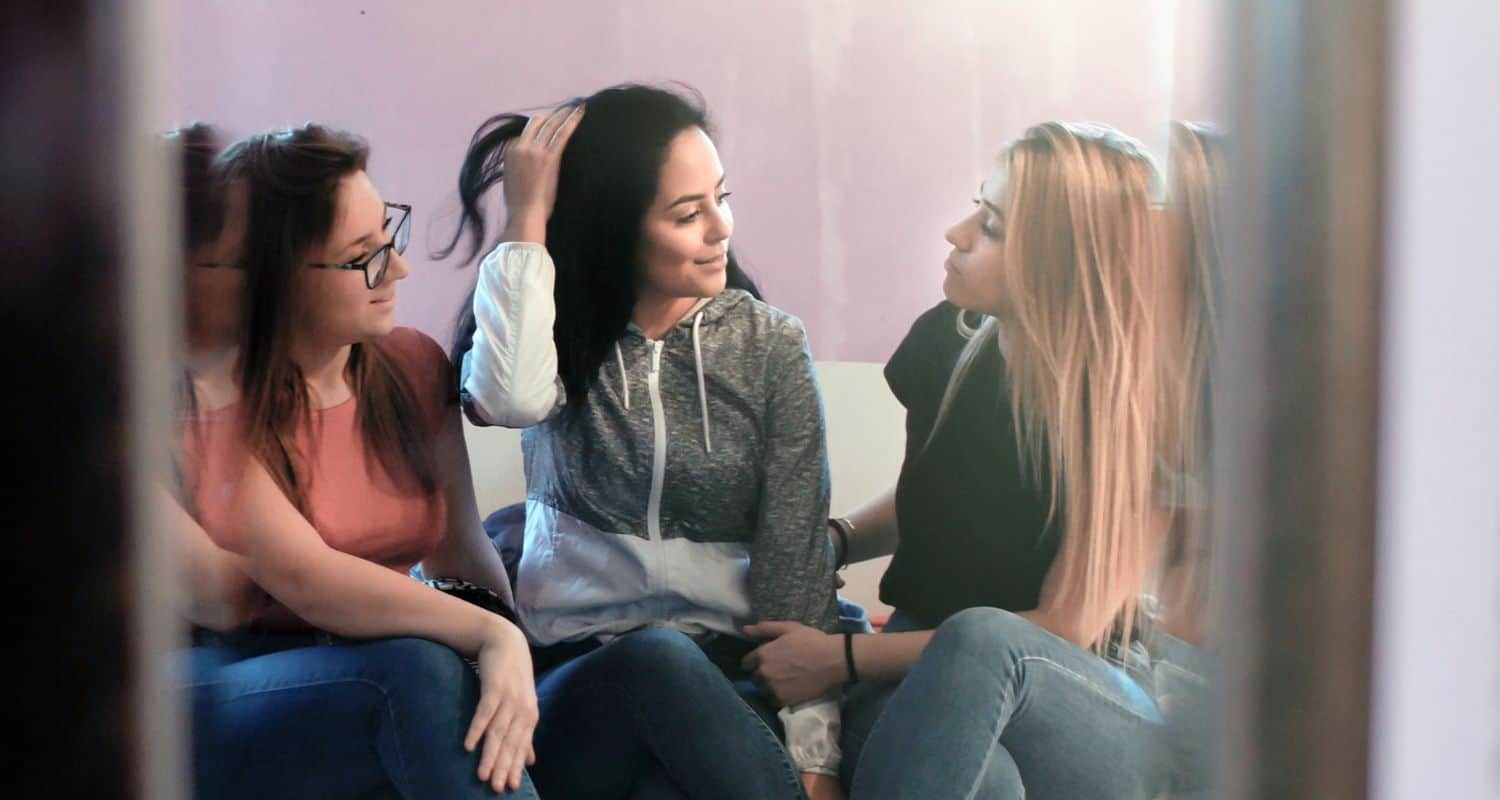
When we speak about hearing loss, presbycusis – the medical name for age-related hearing loss – often takes center stage. Yet, hearing loss in the elderly population does not reflect the whole picture of hearing disorders. Hearing loss is now seen in younger people – particularly Millennials and Gen Z.
Growing Up in a Noisy Environment
Even among younger people, noise exposure is a significant cause of hearing loss. According to current studies, about one out of every ten Americans is exposed to noise pollution at levels that have the potential to harm hearing. At the same time, the World Health Organization anticipates that as nations expand and urbanize, teens’ hearing hazards will rise dramatically.
Millennials and Gen Z are not just exposed to growing levels of noise pollution, but they are also the first generations to grow up with the widespread use of earphones and personal music players. While previous generations of youths played their music excessively loudly through speakers, the present generation has access to dangerously loud music delivered straight to their ear canal. Personal music devices may cause irreversible damage to a person’s hearing while the harmful loudness is unnoticeable to the untrained ear.
Exposing young people to dangerous noise levels may cause severe harm quickly and set the stage for significant noise-related hearing loss down the road.
Addressing the Problem
Millennials and Gen Z who have hearing problems wait longer than the norm to get their hearing examined. That’s not encouraging, given the typical wait period from when a hearing problem is first recognized and when a hearing test is conducted is already seven years. Part of the difficulty is that many individuals believe that hearing loss occurs only in older persons. Changing people’s perceptions of who hearing loss affects is as essential as considering what young people with hearing loss will face.
As the demographics of hearing loss change, so must our approaches to education and treatment. Millennials and Gen Z with hearing loss will have to deal with how their hearing loss affects them in school and work. Untreated hearing loss might restrict students’ abilities to participate in class and achieve their academic potential. Untreated hearing loss in the workplace may reduce a worker’s earning ability and possibly put them at risk for unintentional injury.
With the prevalence of hearing loss among young people on the rise, boosting hearing screenings in schools may help detect hearing difficulties earlier and promote awareness about good listening practices. While yearly hearing tests are becoming more common as we age, it may be time to make them a lifetime habit to address hearing loss early, when hearing aids are most effective.
Style and Substance
Like so many other things, Millenials and Gen Z are altering the dialogue around hearing loss. When education and treatment are available, many young individuals with hearing loss embrace the support that hearing aids may provide and adapt to the leading edge of hearing technology.
Hearing loss affects and warps our brain’s techniques to interpret sound, moving us farther away from our “normal” hearing process. This suggests that the later hearing aids are introduced, the less similar our hearing is to its initial condition and the more difficult it is to acclimatize to wearing a hearing device. This is a reason why correcting hearing loss should not be postponed.
While older persons with hearing loss frequently seek the most discreet hearing aid designs, such as flesh-tone hues and modest device profiles, younger generations see hearing aids as part of a fashion statement. Millennials and Gen Z with hearing aids may choose devices in bright colors, with glittering decals and dangling trinkets, rather than rejecting them as a sign of age or disability.
Hearing at Your Best
Hearing loss can affect anybody, but when it does, we can help. Everyone who passes through our doors receives a personalized approach to hearing treatment from our team of hearing specialists. With extensive testing, individual-based analysis, and the leading brands in hearing treatments, we personalize your hearing health journey to your lifestyle demands. If you are experiencing hearing problems, don’t put it off any longer – make an appointment with us immediately!
